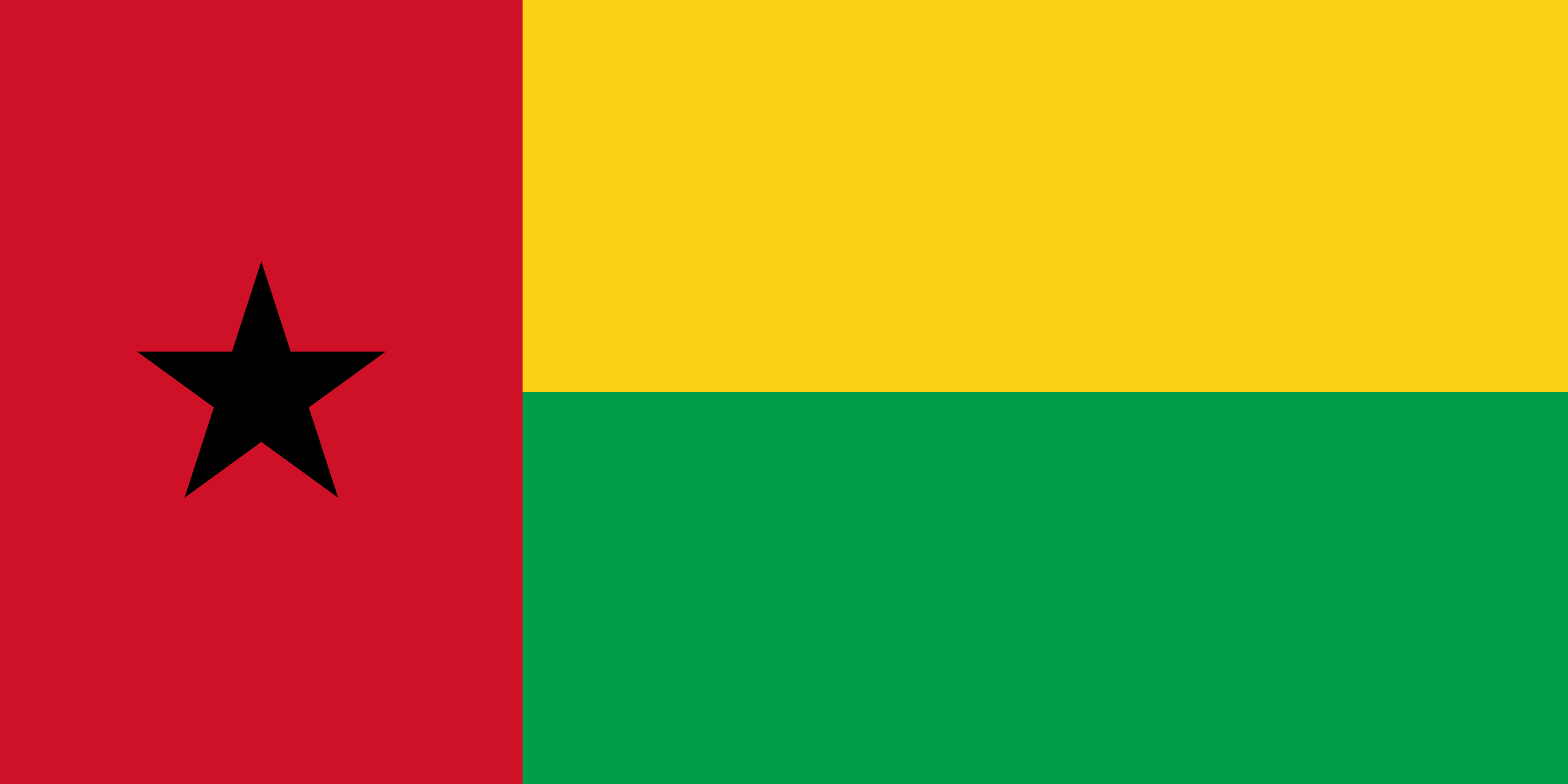Guinea-Bissau
Guinea-Bissau, a small West African country, is known for its tropical beauty and diverse culture. Guinea-Bissau is a tropical country on West Africa’s Atlantic coast that’s known for national parks and wildlife. The forested, sparsely populated Bijagós archipelago is a protected biosphere reserve. Its main island, Bubaque, forms part of the Orango Islands National Park, a habitat for saltwater hippos. On the mainland, the capital, Bissau, is a port with Portuguese colonial buildings in its old city center.

International Air Connectivity:
Osvaldo Vieira International Airport provides limited international connections to African destinations.
Domestic Air Connectivity:
Domestic flights link Bissau to other cities within Guinea-Bissau.
Tourist Attractions:
-
Bijagos Archipelago: A group of islands known for biodiversity and pristine beaches.
Varela Beach: A beautiful coastal area for relaxation and birdwatching.
Bissau: Explore the capital's markets, colonial-era architecture, and vibrant culture.
Bolama: An island town with a rich history and historical buildings.
Cuisine:
Guinea-Bissauan cuisine includes dishes like jollof rice, caldo de mancara (peanut stew), and various seafood dishes. Fresh fish and tropical fruits are common.
Cultural Activities:
Experience traditional music, dance, and ceremonies, often featuring the balafon, a xylophone-like instrument. The country has a rich oral tradition with storytelling and griots (oral historians).
Accommodation:
-
3-Star Hotels: Guinea-Bissau offers limited 3-star options, such as the Hotel Azalai in Bissau.
4-Star Hotels: The Ledger Plaza Bissau Hotel is a notable choice.
5-Star Hotels: Guinea-Bissau does not have 5-star hotels.
Transport Connectivity:
-
Rail: Guinea-Bissau has no railway system.
Road: Roads connect cities and regions, but conditions can vary. Shared taxis and minivans are common for transportation.
Population:
Guinea-Bissau’s population is estimated to be around 2 million people.
Religion:
Islam and indigenous beliefs are the main religions, with a significant Muslim population.
Languages Spoken:
Portuguese is the official language. Creole, including Balanta, Mandinka, and Papel varieties, is widely spoken. French and English are also used in business and education.
Disclaimer:
The information above is for reference, and we do not accept any liability for inaccuracies or updates.